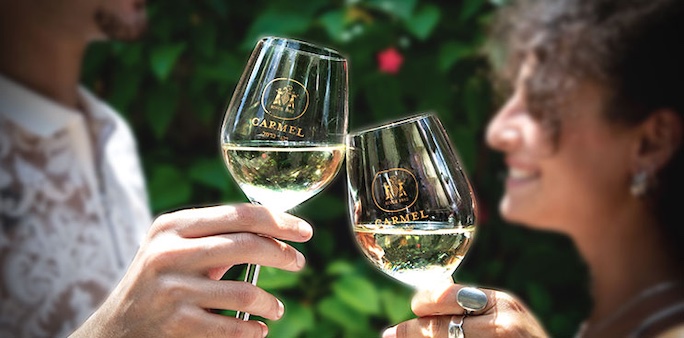
A good example is kosher wines. But what the heck are kosher wines? Read on and you’ll have the answer.
“When it comes to taste, there’s no difference between kosher and non-kosher wine,” said Jay Buchsbaum, Executive VP Marketing and Director of Wine Education at Royal Wine Corp. — the top kosher wine purveyor in America. “In fact, many kosher wines are award winning – beating out their non-kosher competitors for top varietal prizes, including Cabernet Sauvignon, Chardonnay and rosés as well.
There’s a common ‘urban legend’ that wine is rendered kosher after being blessed by a Rabbi – that is incorrect. For a wine to be made kosher there are strictly supervised purity guidelines that need to be followed from the moment the grapes enter the winery to when the wine is bottled,” adds Buchsbaum.
To be considered kosher, Sabbath-observant Jews must supervise and sometimes handle the entire winemaking process, from the time the grapes are crushed until the wine is bottled. Any ingredients used, including yeasts and fining agents, must be kosher.
Some Kosher wines are processed as Mevushal, which means ‘cooked’ in Hebrew. Some wineries produce their Mevushal wines by heating the must (grape juice) prior to fermentation, while others apply that procedure on the final product, prior to bottling.
When kosher wine is produced, marketed and sold commercially, it will bear kosher certification granted by a specially-trained rabbi who is responsible for supervision from start to finish.
Recent years have seen increased demand for kosher wines, prompting a number of vintners in countries not previously represented to produce sophisticated kosher wines under strict rabbinical supervision in countries such as South Africa, Chile and Canada, in addition to traditional sources such as Israel, France, California Spain and Italy.
If you’re looking for a kosher wine, Israel’s largest winery is, Carmel Winery. which has just expanded its premium kosher wine brand of Carmel Signature with two new red varietals.
Leave a Reply
You must be logged in to post a comment.